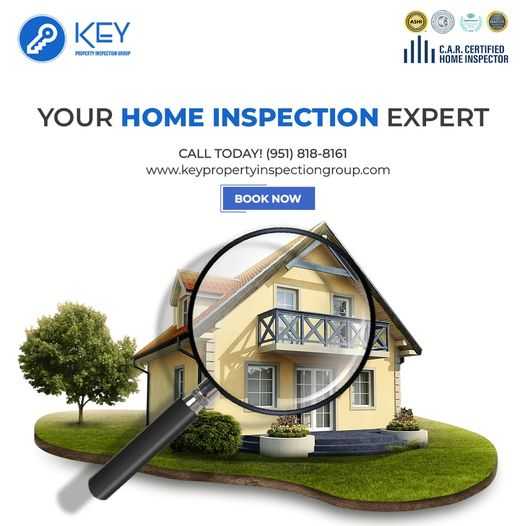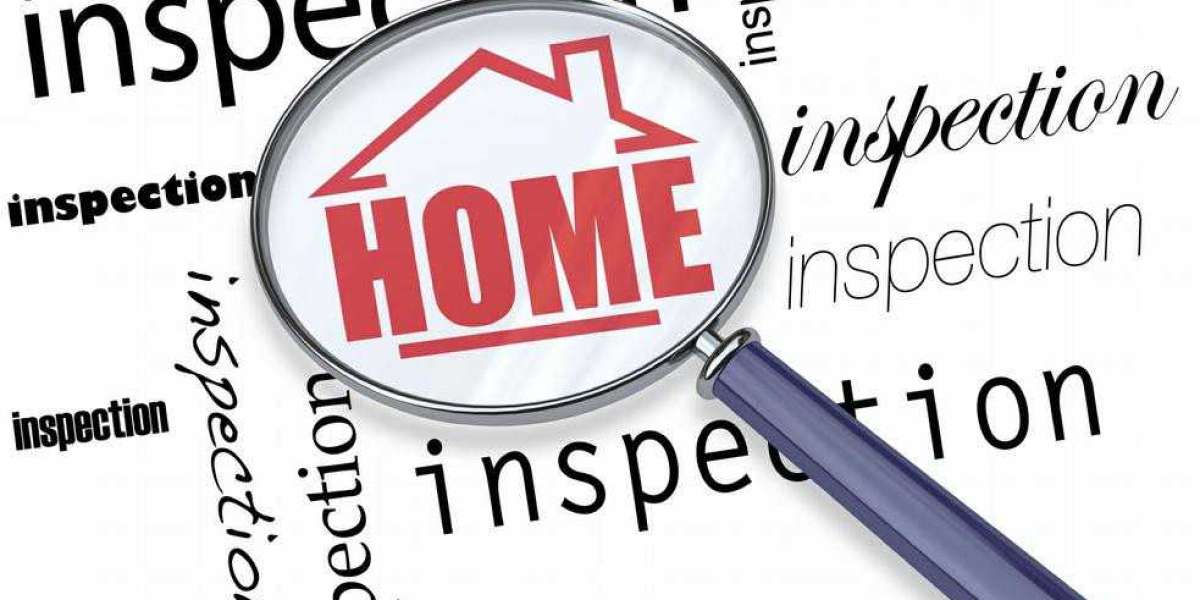The most common home inspection is a general home inspection, which assesses the overall condition of a property's major systems and components. This inspection typically includes an evaluation of the property's:
Roof, gutters, and downspouts
Foundation and basement or crawl space
Heating and cooling systems
Plumbing and electrical systems
Walls, ceilings, and floors
Windows and doors
Attic and insulation
Appliances and fixtures
During the inspection,The inspections group will look for signs of damage, wear and tear, or other issues that could affect the home's safety, livability, or resale value. The inspector may also make recommendations for repairs or upgrades to address any issues that are identified.
Hiring a Home Inspector
Hiring a home inspector is an important step in the home-buying process to ensure that the property is in good condition and that there are no hidden problems that could affect its value or your safety. Here are some steps to consider when hiring a home inspector:
Ask for referrals: Ask your real estate agent, friends, or family members who have recently bought a home for recommendations on reputable home inspectors.

Check credentials: Make sure the home inspector is licensed and certified by a recognized professional association, such as the International Association of Certified Home Inspectors (InterNACHI) or the American Society of Home Inspectors (ASHI).
Look for experience: Choose a home inspector who has several years of experience and has completed many inspections in your area.
Read reviews: Look for online reviews or ask the inspector for references to check their reputation.
Ask about the inspection process: Ask the inspector about their inspection process, what areas they will inspect, and what types of issues they typically find
By following these steps, you can find a qualified and reliable home inspector to help ensure that your home purchase is a sound investment.
Common Problems During Home Inspection
During a home inspection, a professional inspector will evaluate the condition of the home's major systems and components to identify any issues that could affect its safety, livability, or resale value. Some common problems that can be found during a home inspection include:
Roofing issues: Roof leaks, missing or damaged shingles, or signs of wear and tear on the roof can be a concern and may require repairs or replacement.
Electrical problems: Outdated or faulty electrical systems, overloaded circuits, and exposed wiring can be safety hazards and may require upgrades or repairs.
Plumbing issues: Leaking pipes, clogged drains, and outdated plumbing systems can cause water damage, mold growth, and other issues that may require repairs.
HVAC problems: Inefficient or malfunctioning heating and cooling systems, dirty air filters, and ductwork issues can affect the comfort and safety of the home and may require repairs or replacement.

By identifying these issues during a Cheap home inspections, buyers can negotiate repairs or adjustments to the purchase price, or choose to walk away from the deal if the problems are too severe.
Additional Items to Check
In addition to the common problems listed in my previous response, there are additional items that a home inspector may check during an inspection. These may include:
Chimney and fireplace: Inspectors will check the condition of the chimney and fireplace, looking for damage or signs of creosote buildup that could pose a fire hazard.
Windows and doors: Inspectors will check the condition of windows and doors, looking for signs of damage, leaks, or drafts that could affect energy efficiency or security.
Appliances: If the home comes with appliances, the inspector will check them to ensure they are in working order.
Attic and insulation: Inspectors will check the condition of the attic and insulation, looking for signs of damage or inadequate insulation that could affect energy efficiency or cause moisture issues.
Drainage and grading: Inspectors will check the grading around the home, ensuring that water drains away from the foundation to prevent moisture issues.








